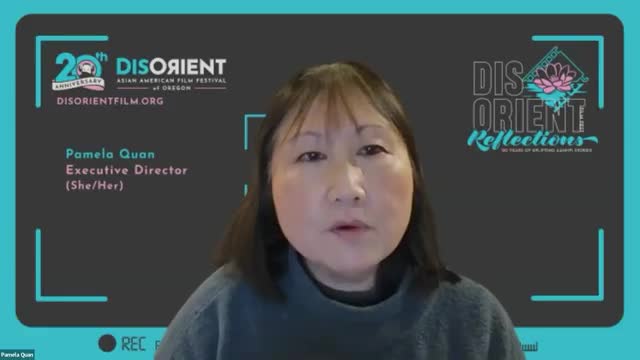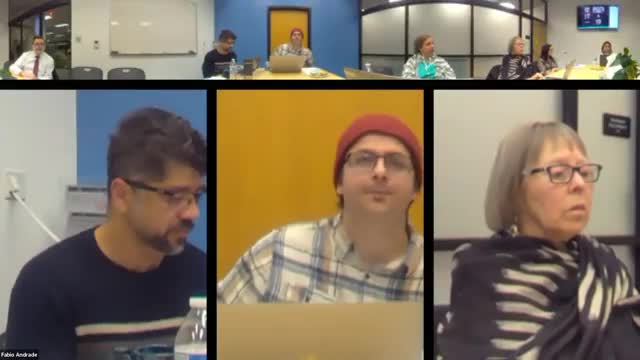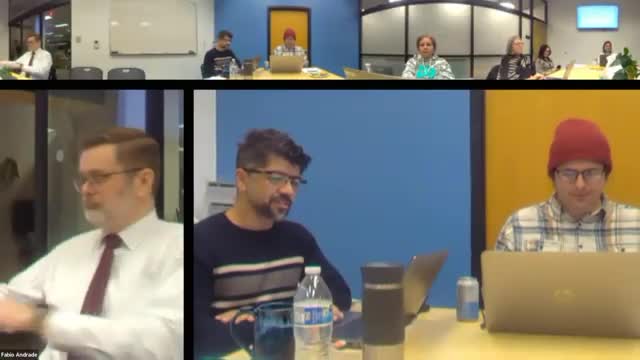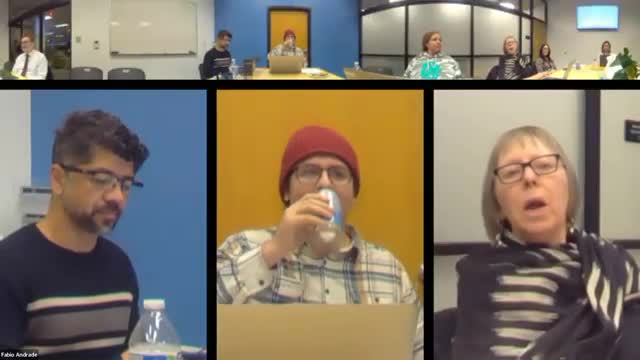Article not found
This article is no longer available. But don't worry—we've gathered other articles that discuss the same topic.

Votes at a glance: Eugene Human Rights Commission approves Disorient sponsorship, agrees to explore UO support and forms ad hoc outreach group

University of Oregon students propose on‑campus human rights center; Eugene commission agrees to explore formal support

City staff report 83 bias incidents in 2024; LGBTQ+ people were the most frequent target of recorded hate speech

Eugene police describe multi‑jurisdiction investigation into burglaries targeting Asian residents; department outlines other bias incidents

